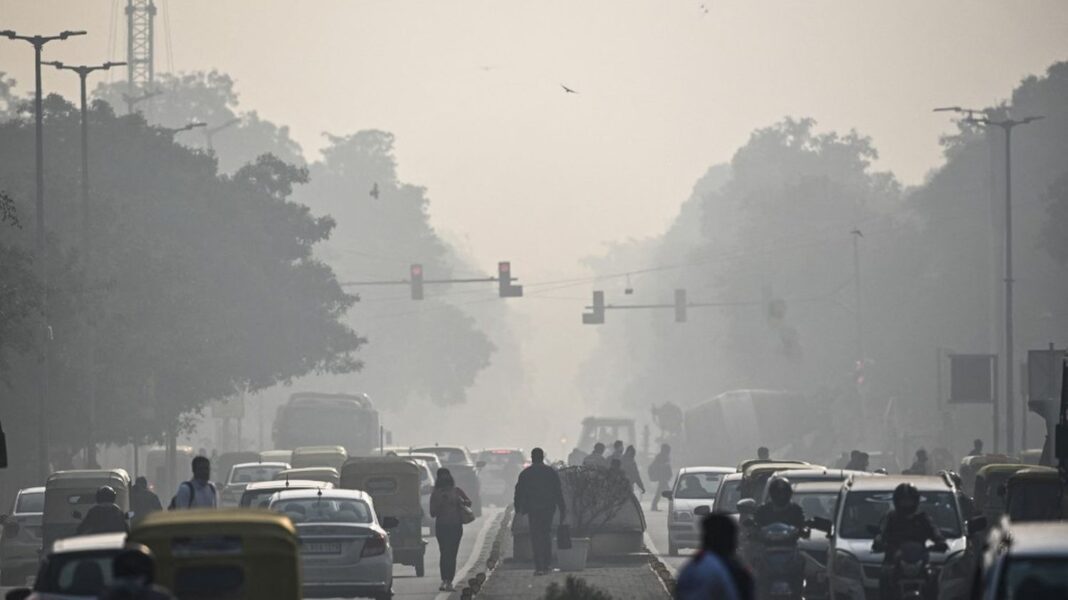Researchers have pointed out that microscopic air pollution caused by burning fossil fuels has reduced human life in the world by more than 2 years.
According to a report by the foreign news agency AFP, a report by the Institute for Energy Policy at the University of Chicago said that if the level of fine particles met the standards of the World Health Organization (WHO) average person in South Asia can live five years longer.
In the Indian states of Uttar Pradesh and Bihar, which have a population of 300 million, lung and heart disease caused by PM 2.5 pollution has reduced life expectancy by eight years and in the capital, New Delhi, by a decade.
PM2.5 contamination, 2.5 microns or less, is approximately equal to the thickness of a human hair, which penetrates deep into the lungs and travels into the bloodstream. In 2013, the United Nations classified it as a carcinogen.
The World Health Organization says the PM 2.5 density in the air should not exceed 15 micrograms per cubic meter in a 24-hour period.
Faced with growing evidence of deteriorating health, the World Health Organization last year tightened the standards, the first change since the introduction of air quality guidelines in 2005.
Researcher Krista Hasenkov and her colleagues say in the Air Quality of Life Index report that clean air returns to the lives of people around the world in the form of extra age.
Permanent reduction of global air pollution to meet WHO guidelines could increase life expectancy by 2.2 years.
Almost all of the world’s most densely populated areas exceed WHO guidelines, but not more than in Asia, such as 15 times in Bangladesh, 10 times in India, and 9 times in Nepal and Pakistan.
Central and West Africa, as well as parts of Southeast Asia and Central America, are exposed to pollution and lower-than-life expectancy.
The latest PM 2.5 pollution data is from 2020, which did not change much compared to 2019, despite a sharp decline in the global economy due to Covid-19 and lower carbon dioxide emissions due to lock downs.
Researchers point out that pollution in South Asia has increased during the first year of the global epidemic.


